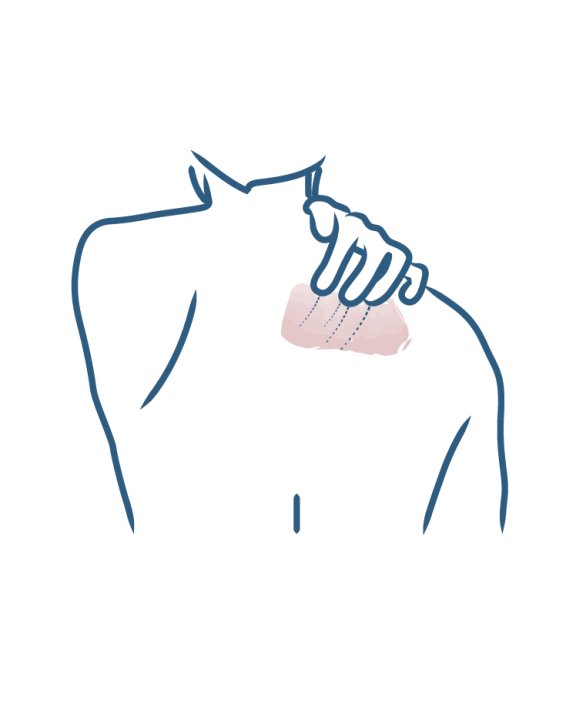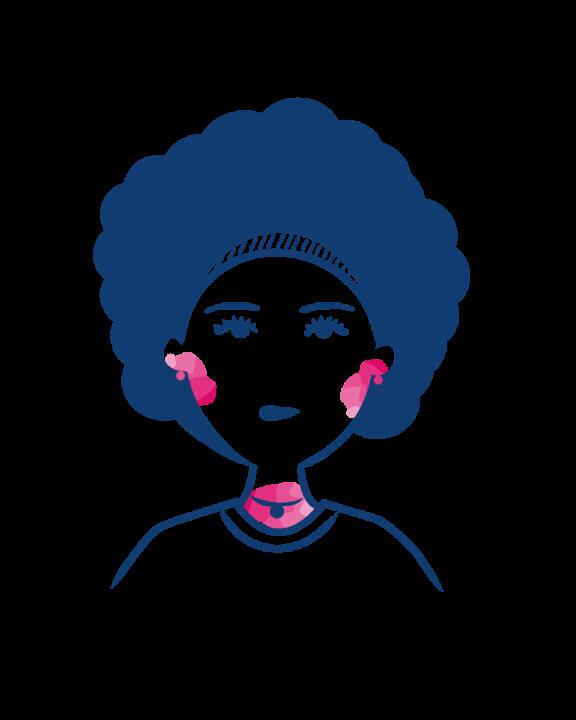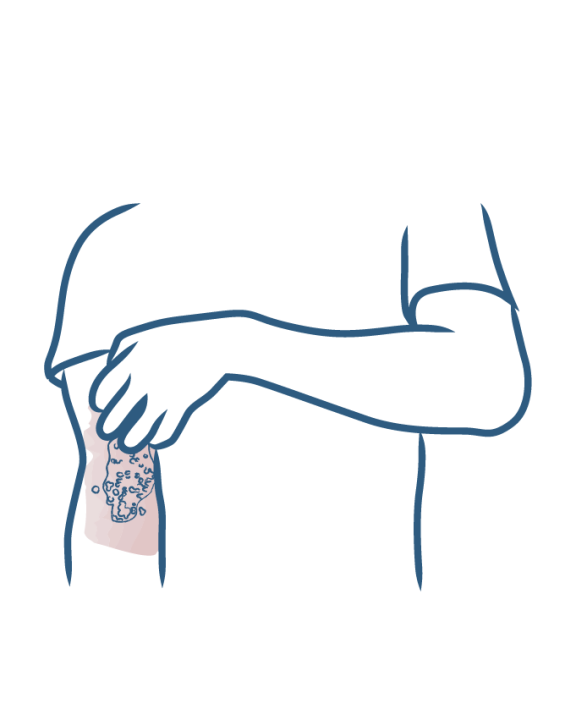What you should know about eczema
- SUMMARY
- Eczema
What is pregnancy eczema?
- Living with eczema day to day
- What soap should be used for eczema?
- Swimming pool, swimming when you have eczema?
- Eczema: can it be cured?
- Eczema: how to treat itching
- Eczema: what food should you eat?
- Eczema: What daily reflexes should you adopt?
- Which detergent should eczema patients use?
- Eczema: how can flare-ups be avoided?
- What are the habits to avoid when you have eczema?
- Eczema cream, ointment: what should you use?
- Body eczema: hands, feet, arms, back, face, etc
- Foot eczema
- Eczema in the ears
- Scalp eczema
- Eczema on the back
- Eczema on the stomach and belly button
- Eczema around the mouth
- Eczema of the legs or varicose eczema
- Eczema of the eyelids, eyes or palpebral eczema
- Eczema on the neck and nape of the neck
- Facial eczema
- Hand and finger eczema (chronic hand eczema)
- Arm eczema (elbows, armpits, forearms)
- Baby’s eczema, infant eczema: what is it?
- How should you treat baby’s and infant’s eczema?
- Which cream should you use for baby's eczema?
- When should you consult a physician about your baby's eczema?
- What soap should be used for babies with eczema?
- Eczema in babies and children: the areas most often affected
- Eczema in babies: what habits should you adopt?

What is pregnancy eczema?
During pregnancy, a woman's skin goes through changes, caused by hormones for example. Among the most common symptoms are: skin coloration (and particularly the appearance of a "pregnancy mask"), vascular problems (edema, spider veins, etc.), loss of skin elasticity and development of stretch marks.
Pregnancy eczema
In addition to these physiological and relatively harmless changes, there are a certain number of skin diseases (or dermatoses) specific to pregnancy: one of them is called gravidic atopic eczema. This eczema appears specifically during pregnancy and is referred to as "pregnancy eczema", most often occurring in the context of personal or family atopy. The skin is dry and becomes covered with eczema plaques, particularly in the skin folds, arms and legs. The lives of mother and child are not at risk. However, the disease can reappear during future pregnancies; the child is also more at risk of developing atopic dermatitis.
Evolution of eczema during pregnancy
When a pregnant woman has already had eczema before pregnancy, the disease's development is simply unpredictable: it either gets better, or worse. This is when the future moms tend to blame themselves and become frightened of passing on the disease to their child. It is true that the unborn child runs a greater risk of having eczema because he or she inherits half of the mother's genes. But eczema is not transmitted like an infectious disease: the future mom can have eczema throughout her entire pregnancy and then give birth to a child who will never have eczema!
Treatment of eczema during pregnancy
Eczema treatments are always the same, whether the person is pregnant or not. Topical corticosteroids and emollient products can be used safely throughout pregnancy.
More information
- Discover Eczema on black skin
What you should know about eczema
Eczema on black skin
- Discover Is eczema contagious?
What you should know about eczema
Is eczema contagious?
- Discover Contact Eczema: what do you need to know?
What you should know about eczema
Contact Eczema: what do you need to know?
- Discover Eczema in adults, atopic dermatitis in adults
What you should know about eczema
Eczema in adults, atopic dermatitis in adults
Our care routines
Atopic eczema, contact eczema, chronic eczema, eyelid eczema





